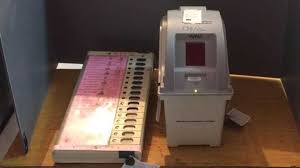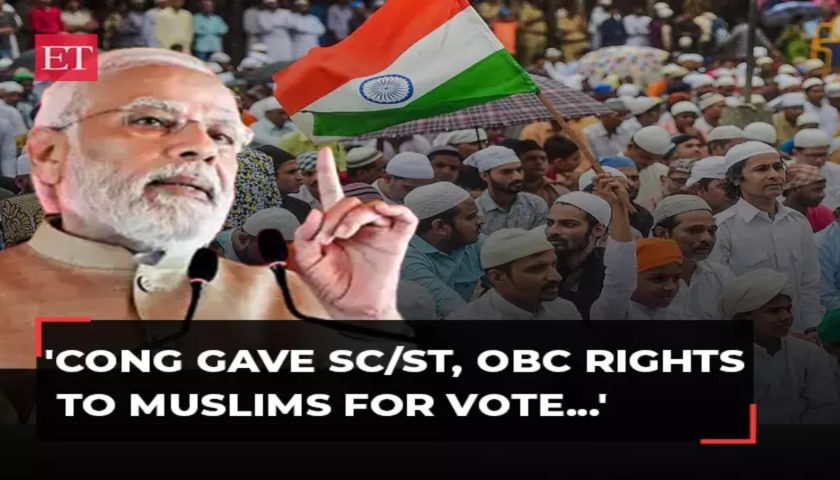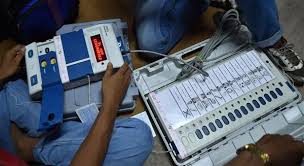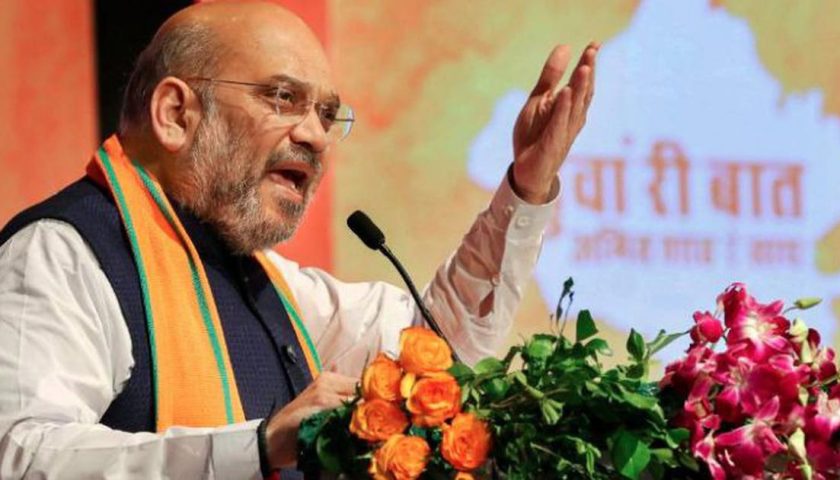Voters in the 2019 Lok Sabha elections will find, for the first time, the faces of the candidates along with their respective party symbols in the electronic voting machines (EVMs), the Election Commission (EC) announced here on Sunday as it released the seven-phase schedule of the world’s largest democratic exercise.
The commission has introducing a slew of new or improved measures as it aims to make the elections free, fair and transparent – with a dash of eco-friendliness thrown in for good measure. The poll panel announced that for the first time Voter Verifiable Paper Audit Trail (VVPAT) will be used in all EVMs.
With the announcement of the elections, the model code of conduct came into force immediately, putting restrictions on the conduct and speeches of political parties and policy decisions that governments can take.
The EC said the schedule was finalised keeping in mind the availability of security personnel, their logistics, and their movement. The panel held elaborate meeting with all stakeholders, different ministries and state governments before designing the poll map.
EC officials said that Bihar, Uttar Pradesh and West Bengal will poll in seven phases, keeping in mind the violence and presence of left-wing extremists in these states. Similarly, polling in Jammu & Kashmir, that will see largest movement of security personnel, will be done in five phases. Odisha and Jharkhand will see four phases owing to presence of Maoists in the two states. Chhattisgarh and Assam has also been accorded three phases of polling due to its sensitive nature.
In a bid to dissuade leaders with proven criminal records, chief election commissioner(CEC) Sunil Arora said that contestants with criminal antecedents would be required to “publish information in this regard in newspapers and through television channels on three occasions during the campaign period”.The political party to which the candidate with criminal antecedents belongs is also required to publish such information about the candidate, both on its website and also in newspapers and television channel on three occasions, Arora added.
These instructions were first issued in October last year, but will be applicable for the first time for Lok Sabha elections in the 2019 polls.
Flanked by two election commissioners, Ashok Lavasa and Sushil Chandra, Arora explained at length how the poll panel has integrated use of smart technology in different election processes such as the cVIGIL app, which helps people record any violations of poll norms on their Android smartphones and report them to the EC. “All that one has to do is to simply click a picture or to take a video and briefly describe the activity before uploading it on the cVIGIL mobile application. If the complainant desires to remain anonymous he has the option to do so,” said Arora.
The complaints will be allocated to the EC’s flying squads for investigation, and the status of the cVIGIL complaint will be shared with the complainant in less than two hours, he added.
Another app, Samadhan, has been made available during both the election and non-election period to help lodge a grievances. “There is an escalation matrix configured into the system and if within a time frame the matter is not addressed by ERO, it gets escalated to the next levels,” said the poll panel chief.
The term of the 16th Lok Sabha is due to end on June 3. When asked about the alleged delay in announcing the poll schedule, which was raised by some Congress leaders on Saturday and Sunday, the EC said that the 15th Lok Sabha expired on May 31, but since the current Lok Sabha has a few more days, the panel chose to roll out the poll dates at this time. Arora said that initially the plan was to announce the elections on Monday, “but then we thought, let’s do it on Sunday”.
The EC also political parties to use only eco-friendly materials for its campaign, and said the long-term impact on the environment of plastic, polythene etc and other such substances should be kept in mind.
“The DEOs [district electoral officer] and ROs [returning officer] are directed to emphasise the importance of environment protection and preservation during the meetings with the political parties and contesting candidates and ensure that the instructions of the Commission with regard to the restrictions on the usage of non-eco-friendly materials during electioneering shall be adhered to by all concerned,” Arora said.
Arora also informed that photographs of 99.72% electors are already printed in the electoral rolls. 99.36% electors have been given EPICs [Electoral Photo ID Card].






